Have you ever felt completely helpless after finding out someone you know and love is suffering from a horrible disease like cancer? If so, you most likely hoped that medical treatments would be able to cure the person. More people die from cancer compared to any other disease in Canada, but scientists have not been able to create the cure for cancer. With so many different types of cancers, the amount of treatments available is still relatively limited and these treatments are incredibly painful.
What treatments are being developed? Scientists like Dr. Orvig and his group decided to focus on improving cancer detection of one specific type of cancer with the use of radiopharmaceuticals. Radiopharmaceuticals are drugs containing radiation-producing molecules that are able to attach to cancer cells indirectly. Chelators/ligands are molecules that will bind to metal ions and these metal ions then attach to the cancer cells with the help of antigens and antibodies.
Why is Dr. Orvig’s research different compared to previous research? Different ligands attach to metal ions at different rates and Dr. Orvig and his team wanted to create a ligand that could attach quicker than previous ones. Therefore, Dr. Orvig and his team synthesized a ligand that can bind to certain metals in about 5-10 minutes at room temperature. In addition, their ligand wraps around the metal like a snake, which is stronger and quicker at binding compared to previous ones.

Photo of Dr. Orvig and his colleague doing an experiment.
Photo credit: Asana Kh
We interviewed Dr. Orvig and asked him to explain his research in detail. The podcast attached below further explains why current cancer treatments are not ideal and how Dr. Orvig’s research can make a difference towards current cancer treatment.
In addition to the podcast, the following video explains the process of making the chelators, how they work and how they were tested by Dr. Orvig and his team.
Video Credit: Asana Kh
Although this new technology cant directly kills cancer cells, it allows researchers to detect cancer earlier. Consequently, this early detection can lead to an easier treatment process and increase the patients’ chances of survival. Even though there is still a long way to go before the technology can be used in hospitals, Dr. Orvig and his team remain optimistic. As Dr. Orvig mentioned, “In science, it’s always about making it better”; many small accomplishments will eventually lead to a big success, like the cure for cancer.
– Group 3: Asana Kh, Conway Chen, Moneek Gill, Tammy Tang


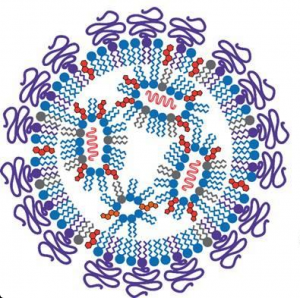 .
.
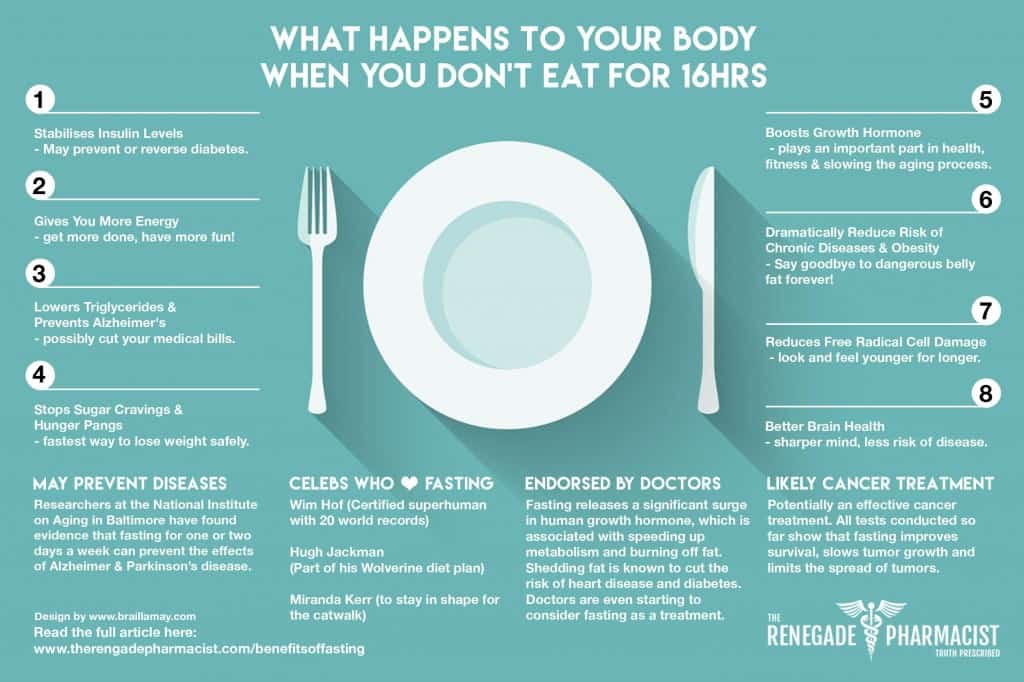




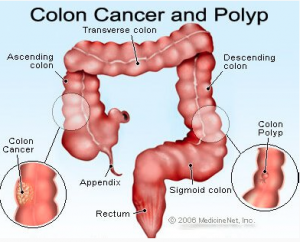

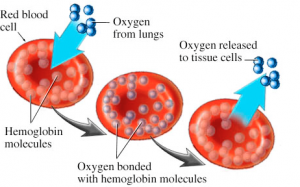

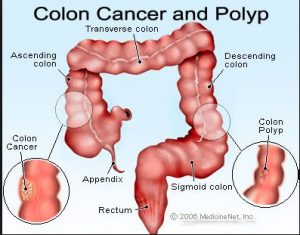

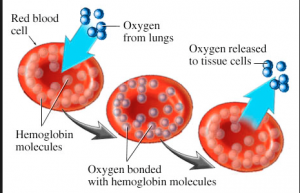

 Actually, as
Actually, as  However, this process takes long time for tumors in large body size organisms to evolve and then reach the large enough lethal size. The longer time to reach the lethal size allows more time for organisms to repair cells so whales are able to repair the cancer cells before they becoming lethal. Therefore, even though it is more likely for whales to have cancer cells, these cancer cells are less lethal while cancer cells in human being’s body are more easily become lethal.
However, this process takes long time for tumors in large body size organisms to evolve and then reach the large enough lethal size. The longer time to reach the lethal size allows more time for organisms to repair cells so whales are able to repair the cancer cells before they becoming lethal. Therefore, even though it is more likely for whales to have cancer cells, these cancer cells are less lethal while cancer cells in human being’s body are more easily become lethal.